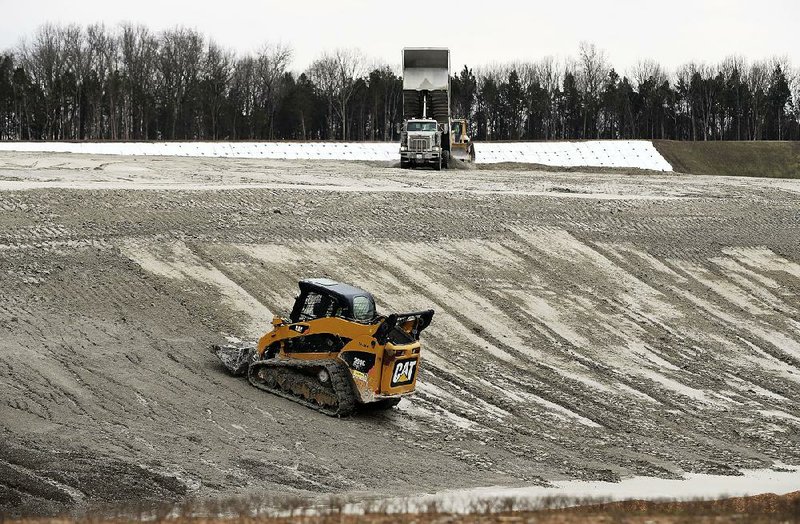NASHVILLE, Tenn. -- The nation's largest public utility on Thursday agreed to dig up and remove about 12 million cubic yards of coal ash from unlined pits at a Tennessee coal-burning power plant.
Prompted by two environmental groups, the state sued the Tennessee Valley Authority in 2015 over pollution from coal ash dumps at the Gallatin Fossil Plant. State officials say in court documents that pollutants leach from the ash into the groundwater and then enter the Cumberland River, a source of drinking water for Nashville.
The Tennessee Department of Environment and Conservation and the environmental groups announced a settlement with TVA on Thursday. The utility has agreed to excavate the majority of the coal ash stored at Gallatin and recycle it or remove it to a lined, permitted landfill. It will also develop a plan for dealing with pollution from ash remaining on site.
TVA, which provides power to more than 10 million people in parts of seven Southern states, has recently come under increased scrutiny for its handling of coal ash, the byproduct of burning coal for power.
The Environmental Protection Agency began looking into regulating coal ash after an impoundment failed at another TVA plant in Kingston, Tenn., spilling 5.4 million cubic yards of ash into the Emory River and surrounding community.
Workers involved in cleaning up that spill have sued the contractor that TVA hired to manage the job, claiming chronic exposure to the ash sickened and even killed some workers. The parties have been ordered by the judge to try to mediate a settlement.
The EPA released regulations in 2015 that treat coal ash more like household garbage than a hazardous material.
TVA has said it is dewatering all of its existing coal ash dumps to help prevent leaching, but the utility has resisted calls to remove ash to lined landfills.
The settlement over the Gallatin ash is subject to a 30-day public comment period and the approval of the judge overseeing the case.
Business on 06/14/2019
